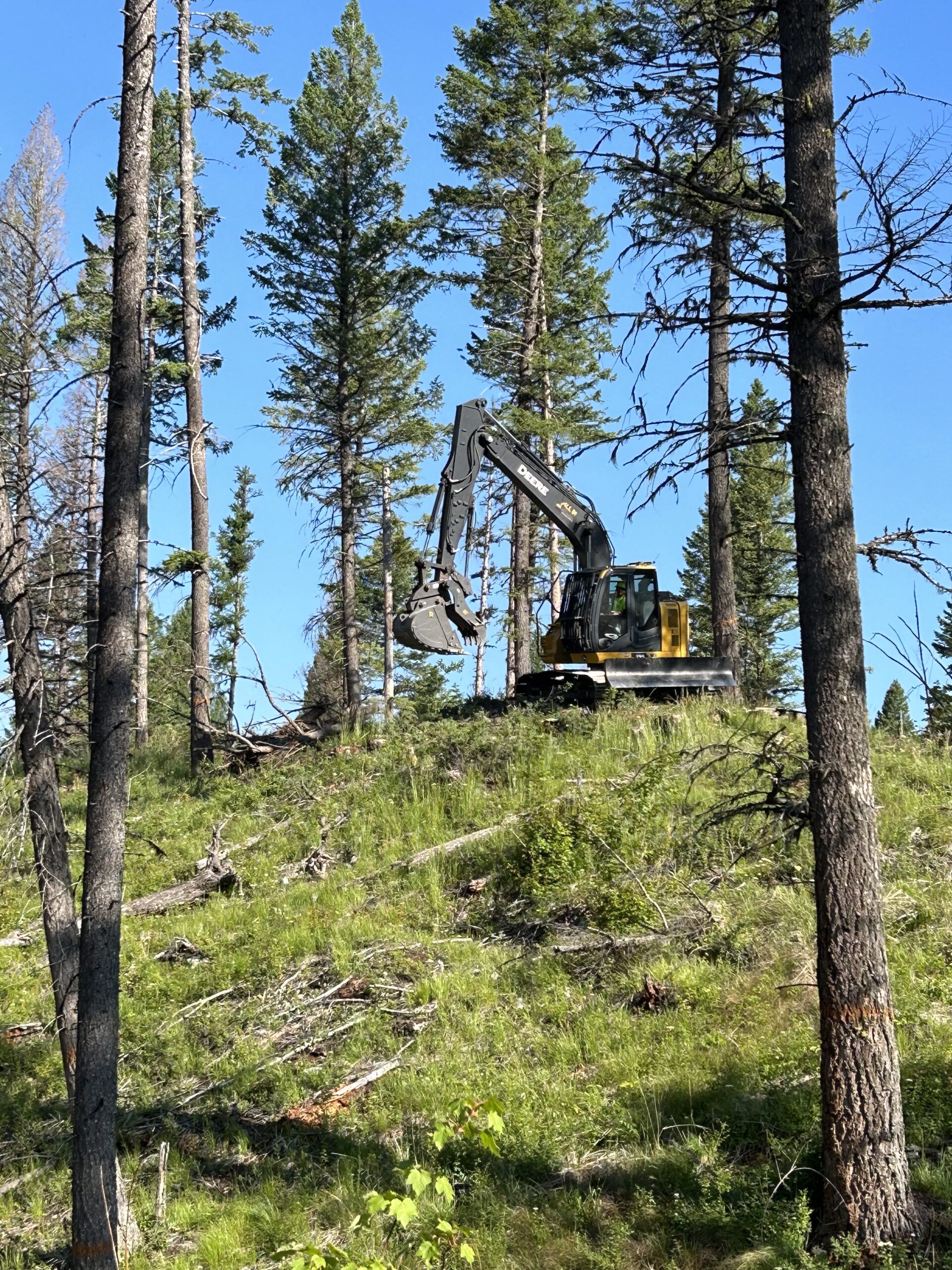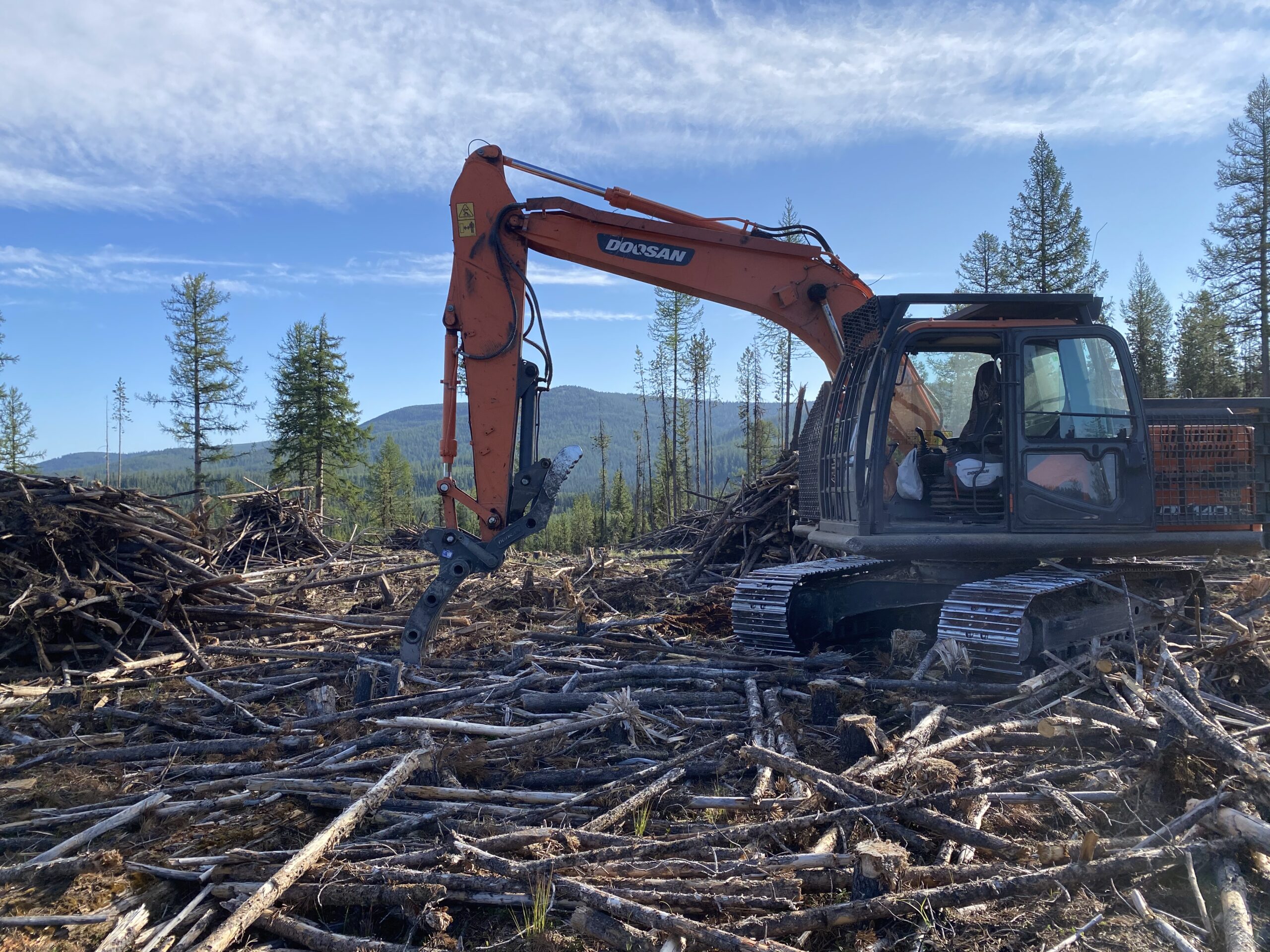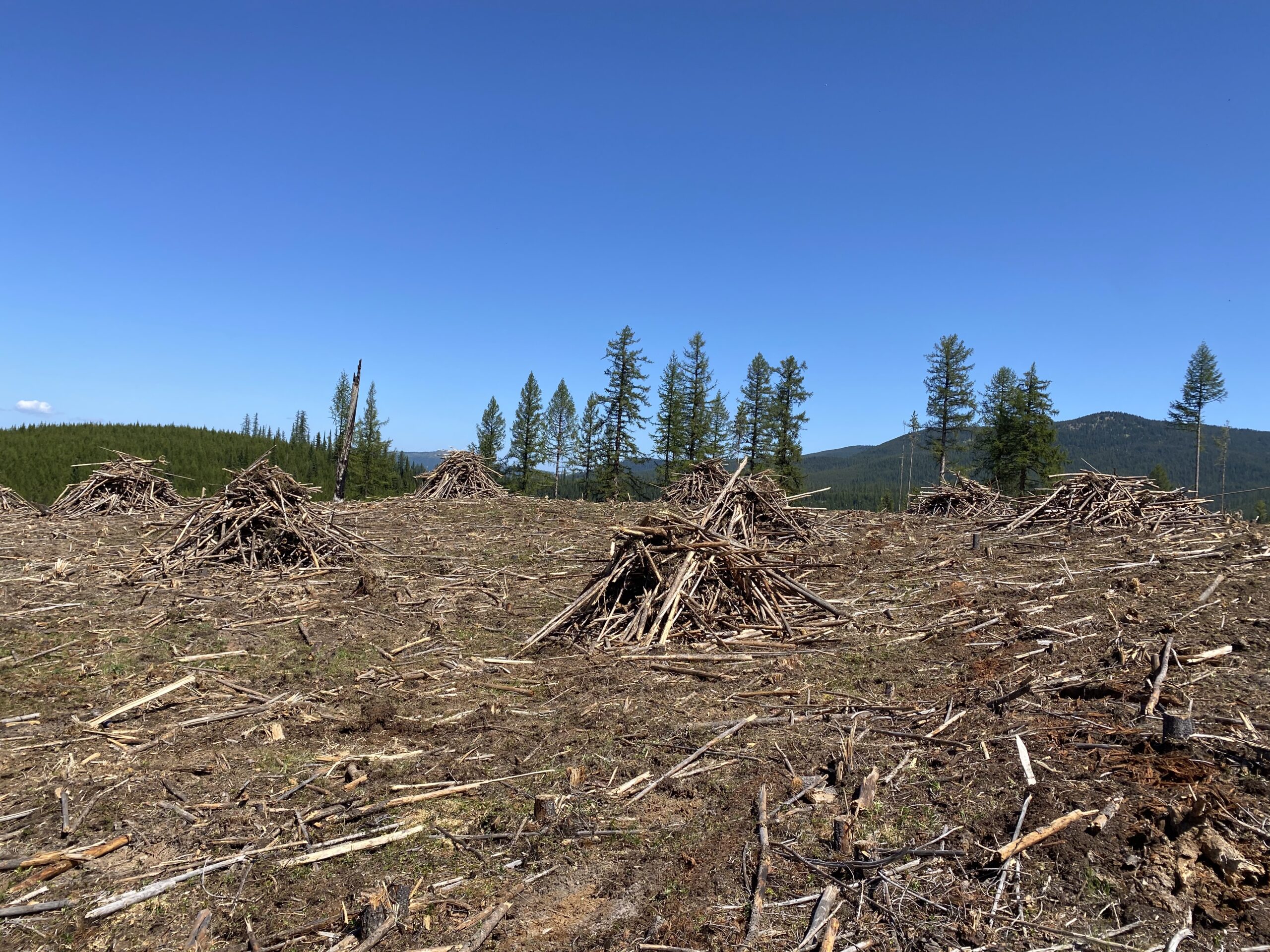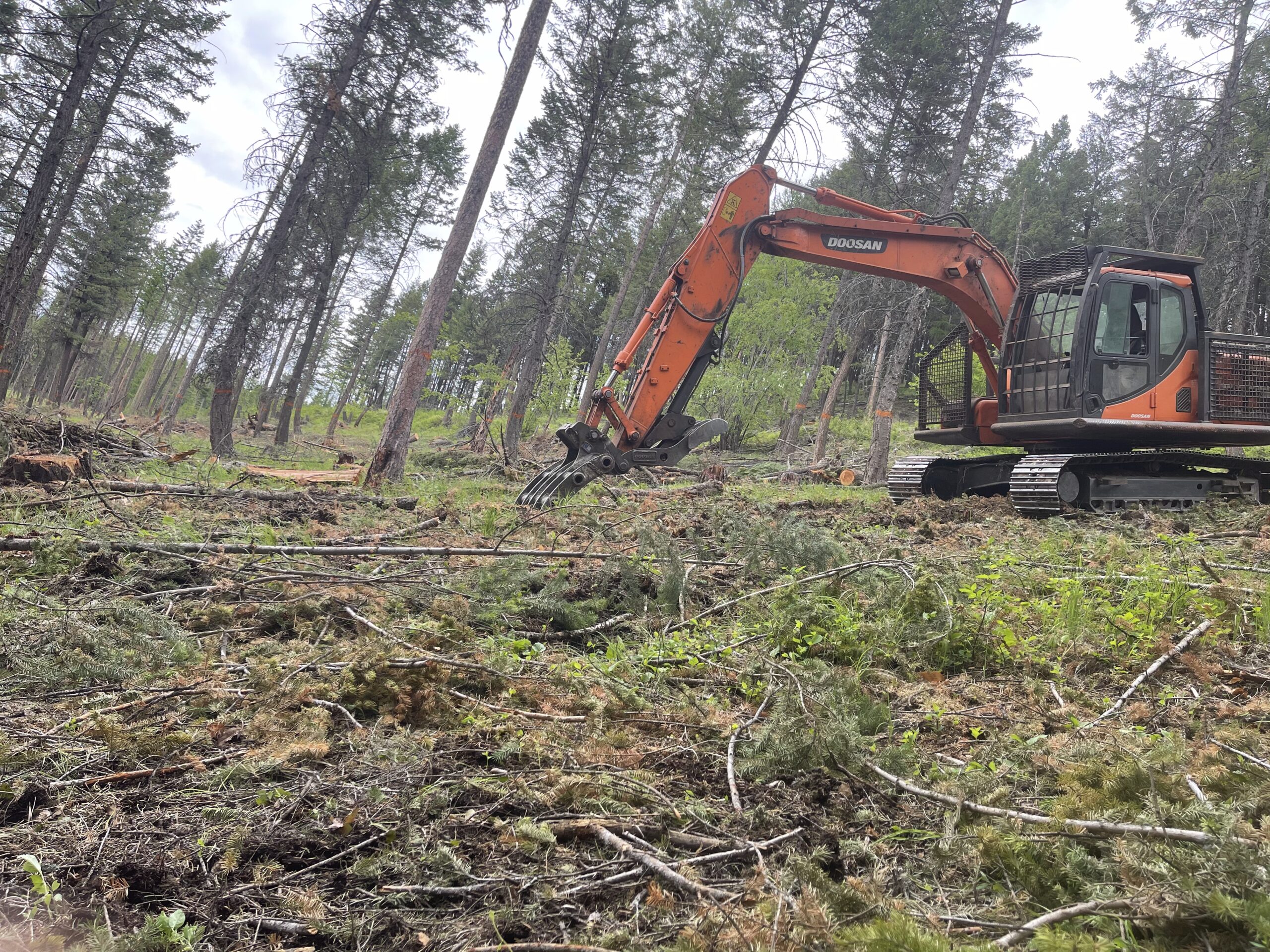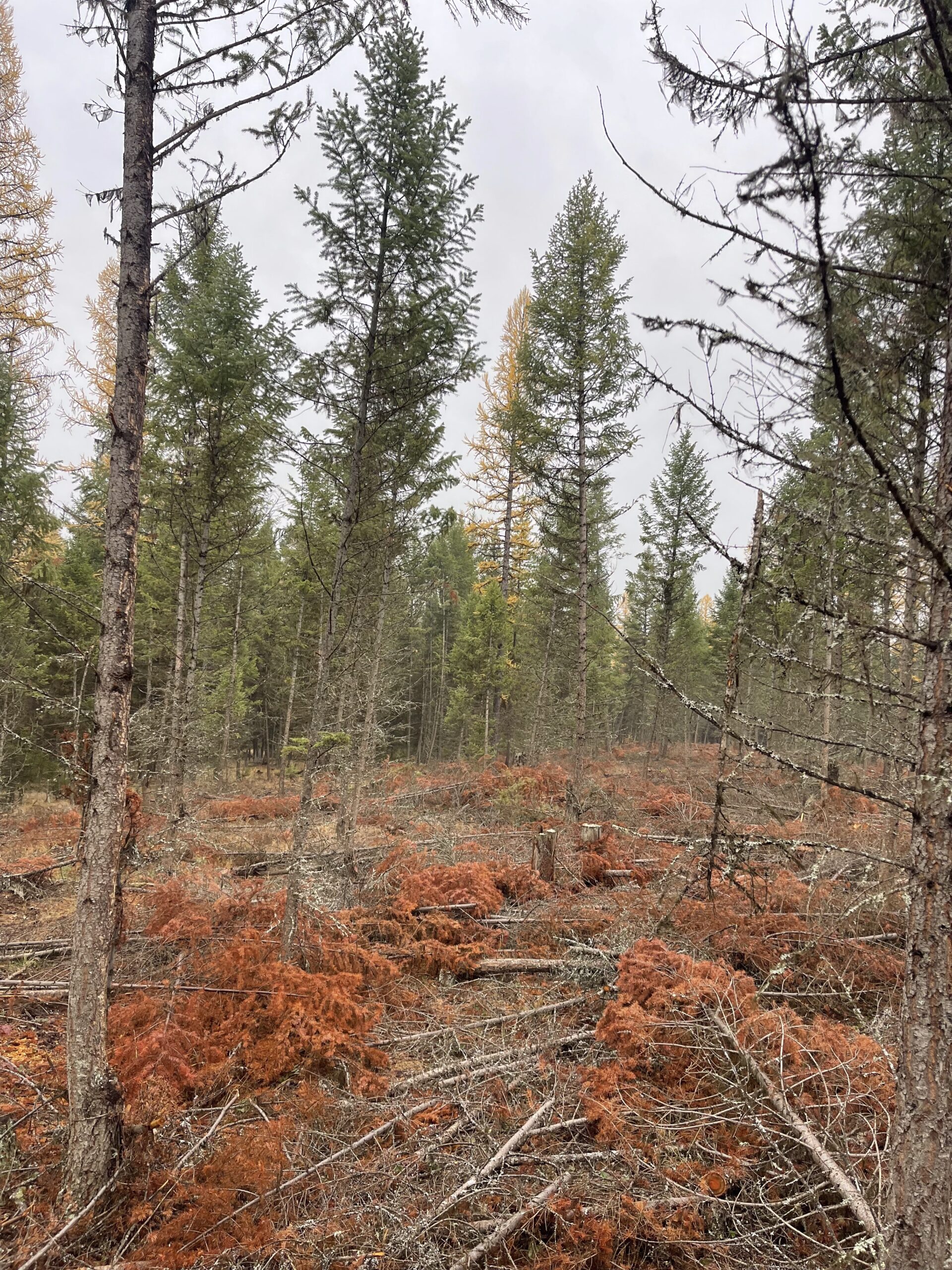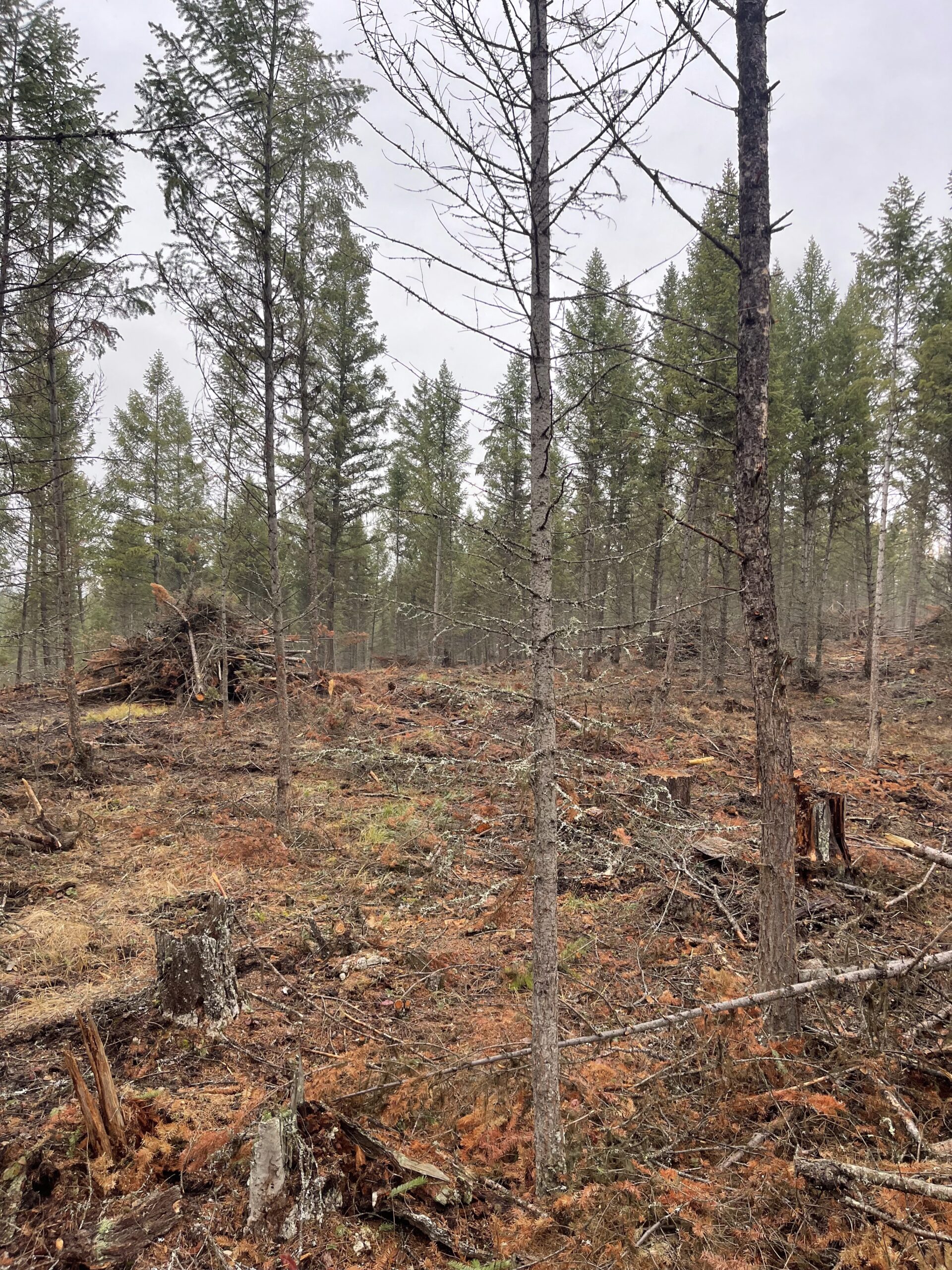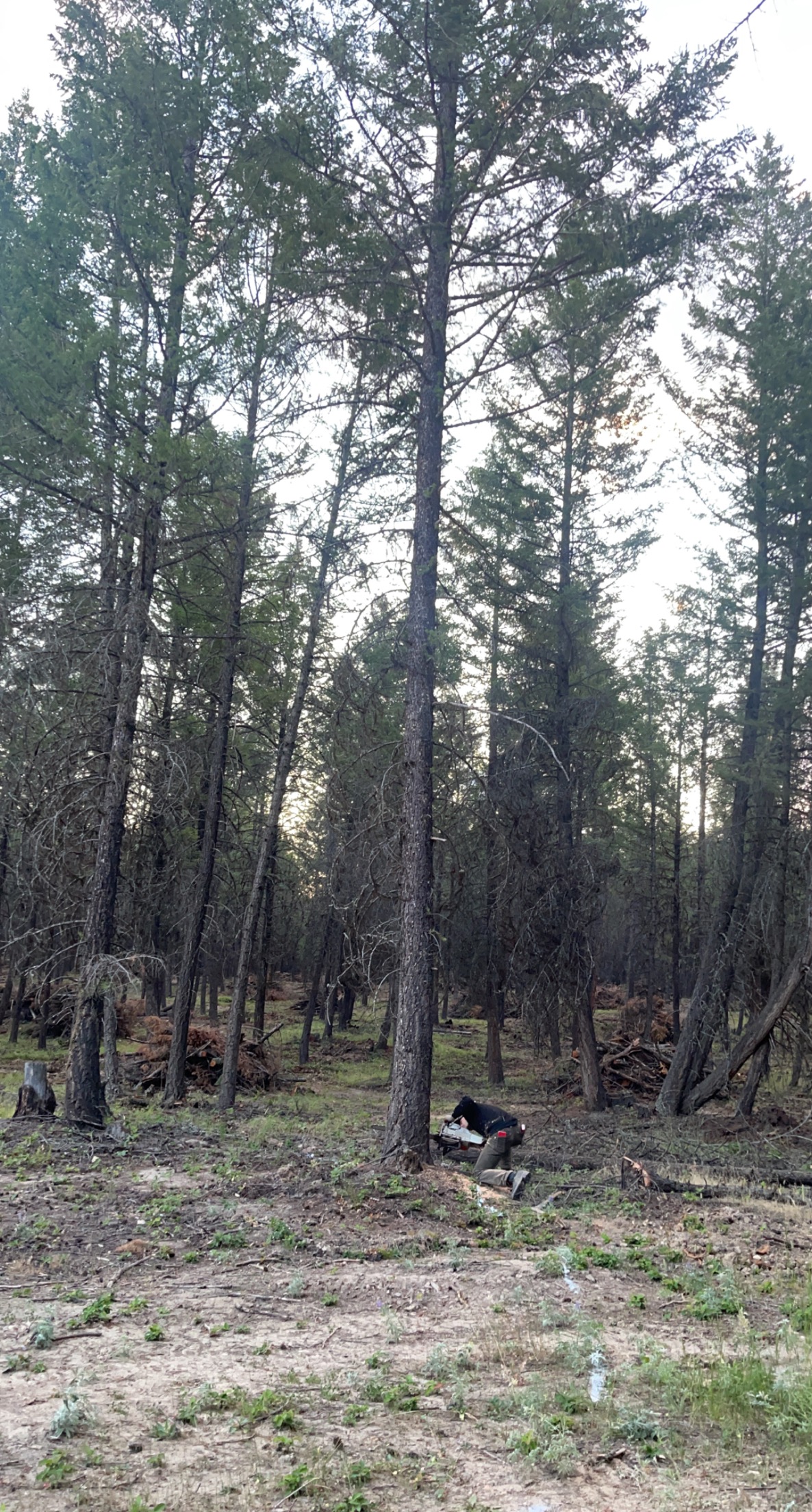Fuels reduction and mitigation refer to the strategic practices employed to decrease the amount of combustible material, such as vegetation and dead plant matter, in order to reduce the risk and intensity of wildfires. These efforts typically involve controlled burns (prescribed fire), mechanical thinning, and clearing of underbrush, dead trees, and other fire-prone vegetation.
Safer Landscapes, Stronger Recovery
Fuels reduction and mitigation are critical components of wildfire management strategies, designed to minimize the potential for catastrophic fires while enhancing the ability of landscapes to recover after fire events.

